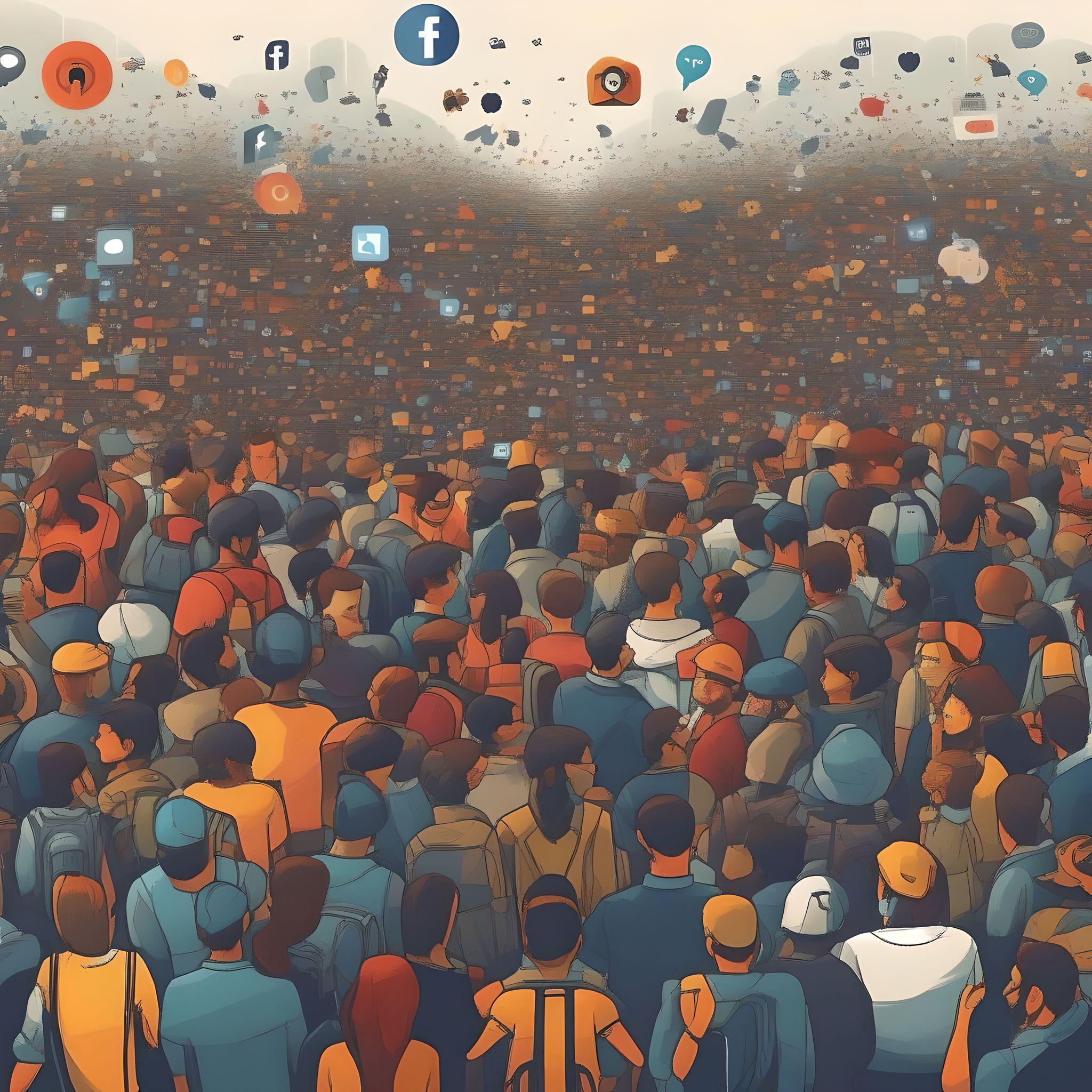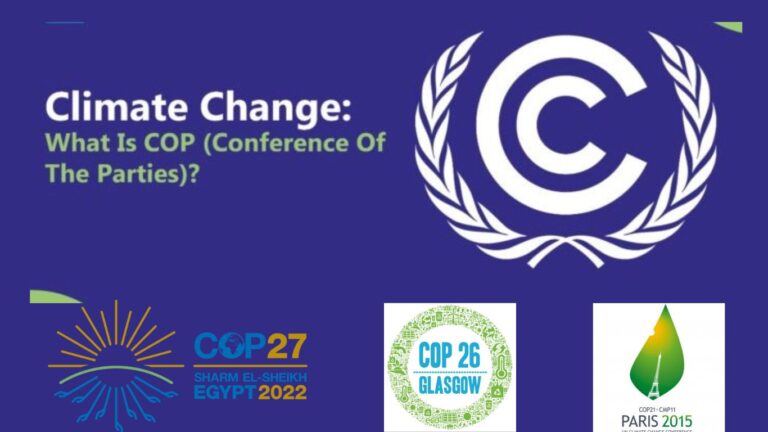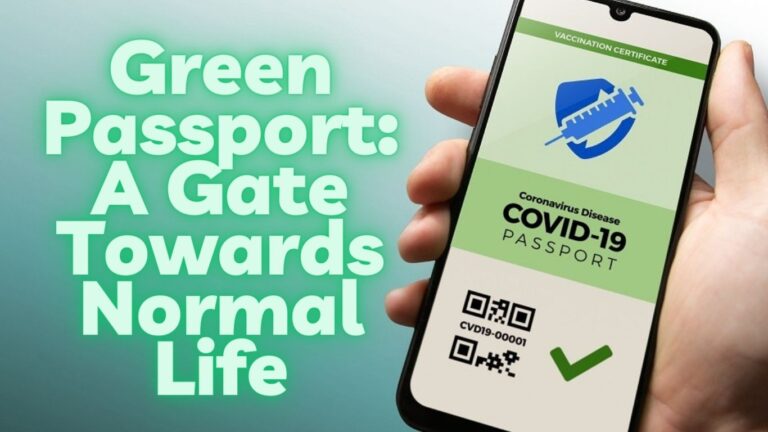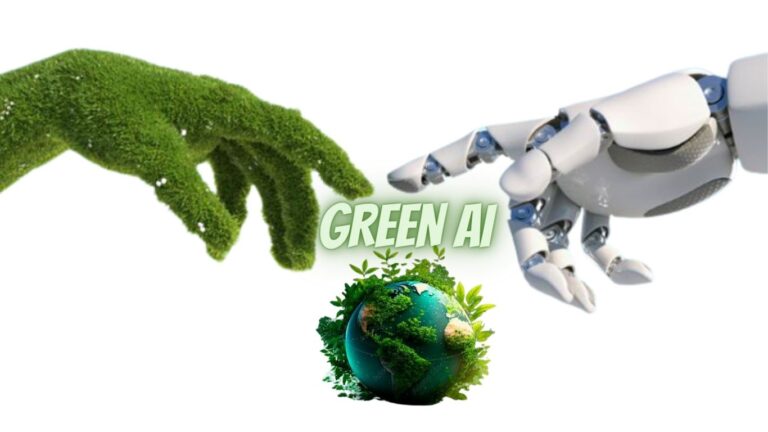Social media has undoubtedly revolutionized the way we communicate, connect, and consume information. However, alongside its undeniable benefits, social media has also emerged as a powerful force for bad, raising concerns about its potential impact on individuals, society, and democracy.
Social Media Impact on Individuals
Social media has been linked to a range of negative psychological effects, including:
- Reduced Well-being: Increased social media use has been associated with symptoms of depression, anxiety, and loneliness. The constant exposure to idealized portrayals of life on social media can lead to feelings of inadequacy and social comparison, contributing to low self-esteem and poor body image.
- Addiction and Distraction: The addictive nature of social media can lead to excessive use, interfering with daily activities, relationships, and sleep. The constant stream of notifications and updates can fragment attention spans and hinder productivity.
- Cyberbullying and Harassment: Social media provides a platform for cyberbullying and harassment, which can have severe emotional and psychological consequences for victims.
Impact on Society
Social media has also been implicated in various societal issues, including:
- Echo Chambers and Polarization: Social media algorithms tend to create echo chambers, where users are exposed primarily to information that aligns with their existing beliefs, reinforcing polarization and hindering constructive dialogue.
- Spread of Misinformation and Disinformation: Social media’s ease of sharing and virality has facilitated the rapid spread of misinformation and disinformation, posing challenges for informed decision-making and public trust.
- Erosion of Privacy and Surveillance: The vast amount of personal data collected by social media platforms raises concerns about privacy and surveillance, potentially impacting individuals’ freedom of expression and association.
Social Media Impact on Democracy
Social media has also transformed the political landscape, influencing elections and shaping public discourse:
- Manipulation and Interference: Social media has been used to manipulate public opinion, interfere in elections, and spread disinformation, undermining democratic processes.
- Erosion of Civic Engagement: The focus on social media as a primary source of information can lead to superficial engagement with political issues and hinder meaningful civic participation.
- Undermining of Trust in Institutions: The spread of misinformation and attacks on institutions through social media can erode public trust in government, media, and other critical institutions.
In conclusion, while social media offers numerous benefits, its potential for harm cannot be ignored. Addressing these concerns requires a multifaceted approach involving individuals, social media companies, and policymakers. Individuals can cultivate mindful social media habits, promote responsible social media use, and critically evaluate information encountered online. Social media companies should prioritize user well-being, implement robust content moderation policies, and enhance transparency in data collection and usage. Policymakers can establish regulations to protect privacy, combat misinformation, and promote responsible social media practices. By working together, we can harness the positive potential of social media while mitigating its negative impacts.







